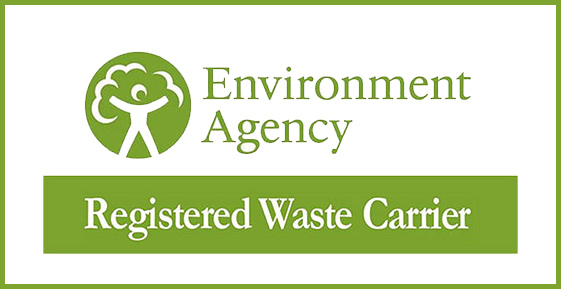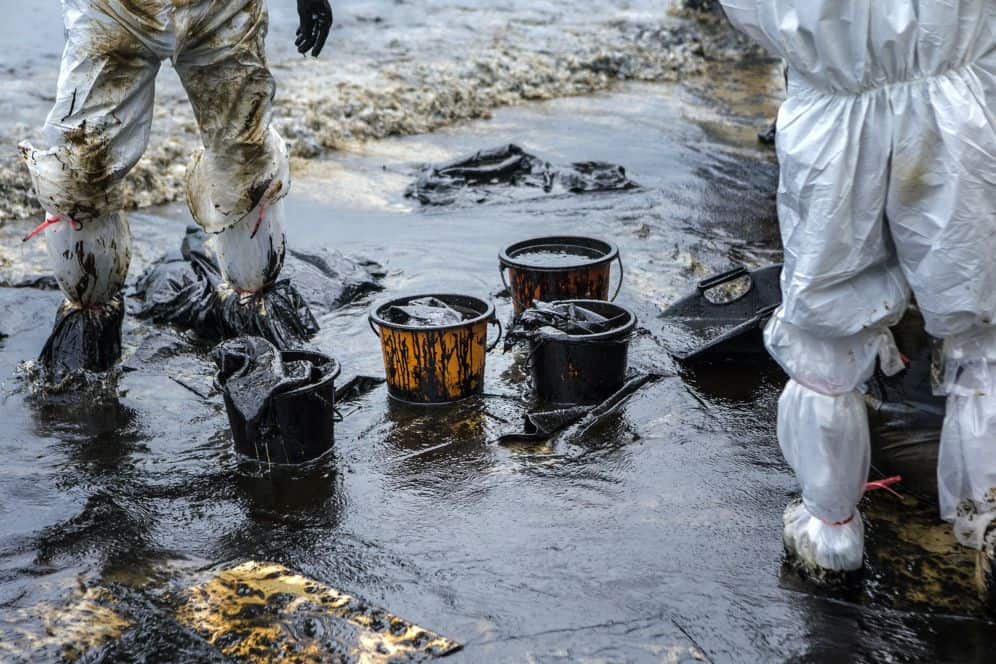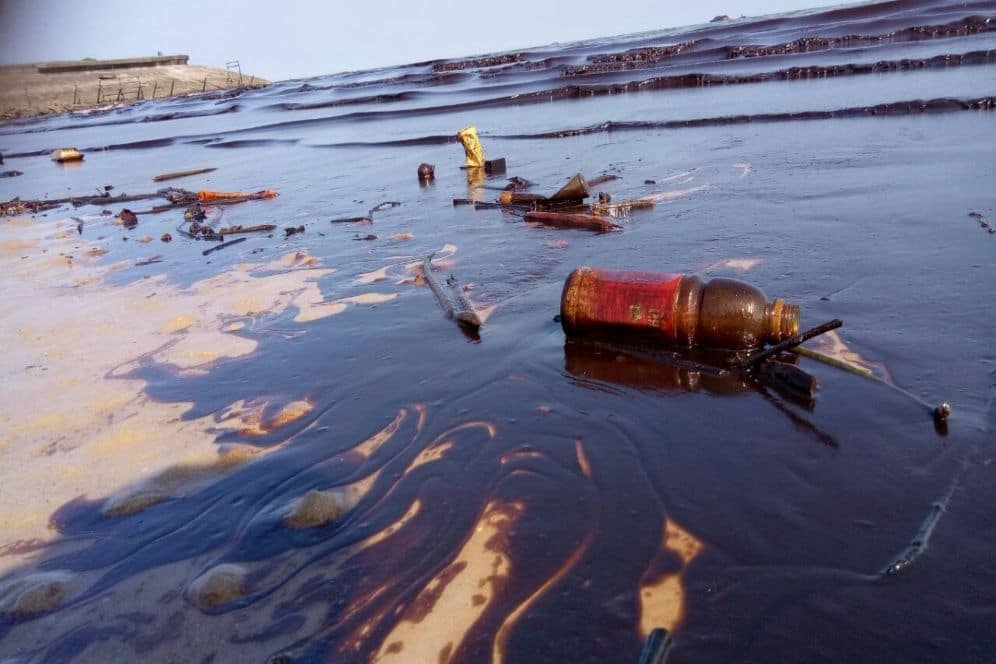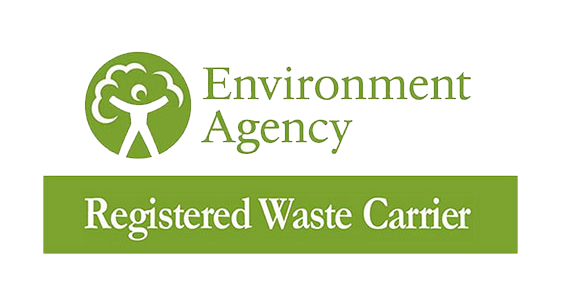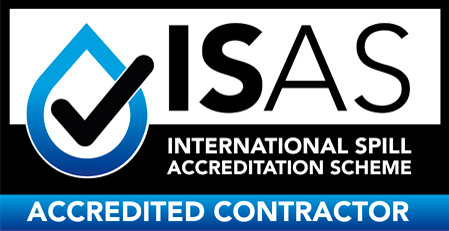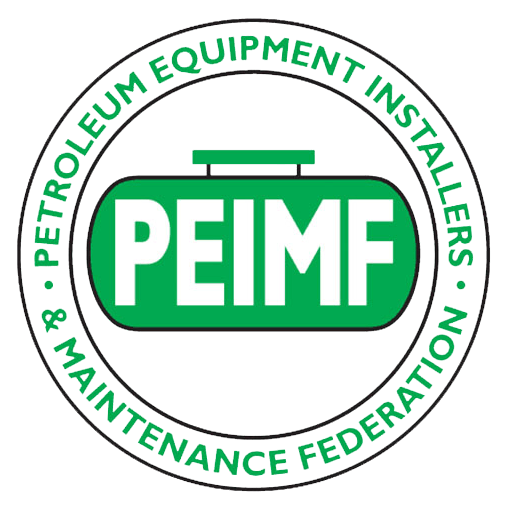Effective Land Oil Spill Clean-Up Techniques
When an oil spill occurs on land, prompt action is critical to limiting the damage and restoring the environment. The clean-up method used will depend on the location and extent of the spill.
Leaking Containers
A common source of land oil spills is leaking storage containers. In the event of a spill, quick thinking is essential. Here are some practical techniques for dealing with leaking containers:
- Overdrums: If a container is leaking, place it in a larger, undamaged container known as an overdrum. These containers are made of chemical-resistant materials and are designed to hold the leaking oil safely.
- Seal the Leak: Sometimes, a simple solution can prevent further spillage. For example, turning a leaking barrel upside down to stop the oil from escaping is a temporary fix that can save valuable time.
- Switch Off Valves: When pipeline leaks occur, turning off the valves can help control the spread of oil and contain the spill more effectively.
- Transfer Oil: If possible, transfer the leaking oil into an undamaged container to minimise further contamination.
- Sorbents: Sorbents are materials that absorb oil, preventing it from spreading further. The choice of sorbent depends on the type of oil being stored. Proper disposal of used sorbents is essential, as they may also be hazardous to the environment.
On Grassland
Oil spills on grassland require swift action to prevent contamination of soil and groundwater. Techniques such as berms and trenches can contain the oil and prevent it from soaking into the ground.
In cases where the spill is not likely to affect the water table, flooding the area with water can help float the oil to the surface, where it can be absorbed or removed using vacuum systems. Additional clean-up methods include:
- Bio-remediation (using microorganisms to break down the oil).
- In-situ burning (igniting the oil in a controlled manner).
- Mechanical removal (using machinery to remove the contaminated soil physically).
Urban Areas
Oil spills in urban settings can have direct consequences for public health. In addition to contaminating land, spills in towns and cities can affect water supplies and pose risks to residents.
Response efforts in these areas must account for the presence of buildings, infrastructure, and population density. Oil spills on roads or highways require rapid intervention to contain them and prevent them from spreading to sensitive areas.
Roads and Highways
Spills on highways are unpredictable and can occur at any time. It’s crucial to have an emergency plan in place for these scenarios. Vehicle spill kits should be readily available to help contain and clean up any spilt oil. If possible, the spilt oil should be transferred to another vehicle to prevent further spread.
Why Oil Spill Preparedness Is Crucial
Oil spill preparedness is essential for every business and facility that stores or transports petroleum products. Being well-prepared allows companies to respond quickly and effectively, minimising environmental damage and financial loss.
A well-structured oil spill response plan should include:
- Preparation: Ensure the necessary equipment is readily available and staff are trained in spill response procedures.
- Activation: Quickly activate the response plan in the event of a spill.
- Testing and Training: Regularly test the response plan through drills and training to identify potential gaps.
- Review and Adapt: After each drill or real spill, review the plan’s effectiveness and make improvements as needed.
Essential Spill Response Equipment
To handle an oil spill effectively, businesses must have a comprehensive spill kit that includes the following tools:
- Personal Protective Equipment (PPE): Safety gear to protect workers during the clean-up.
- Drain Mats: To block drains and prevent oil from spreading into drainage systems.
- Leak Sealing Putty: To seal small leaks in containers or pipelines.
- Overdrum: A large, chemically resistant container to hold leaking oil.
- Undamaged Containers: These are used to transfer oil and prevent further contamination.
- Pumps: To transfer oil from the spill site to safe storage.
- Sorbents: Materials that absorb oil and prevent it from spreading.
- Barrier and Sorbent Booms: To contain the oil and stop it from spreading across large areas.
- Portable Tanks: These are used to store recovered oil safely.
Additional improvised tools may include sandbags, wooden planks, tarpaulin, and even spades for spreading sand.
Conclusion
Oil spills on land can have catastrophic effects on the environment, public health, and businesses. However, by investing in preparedness, training, and the right equipment, you can minimise the impact of a spill and ensure a swift recovery. A detailed response plan, combined with prompt action and the correct tools, can significantly reduce the long-term consequences of an oil spill. Being proactive in your approach to land oil spill preparedness is not just a smart business decision; it’s a necessary step towards safeguarding our environment for future generations.
